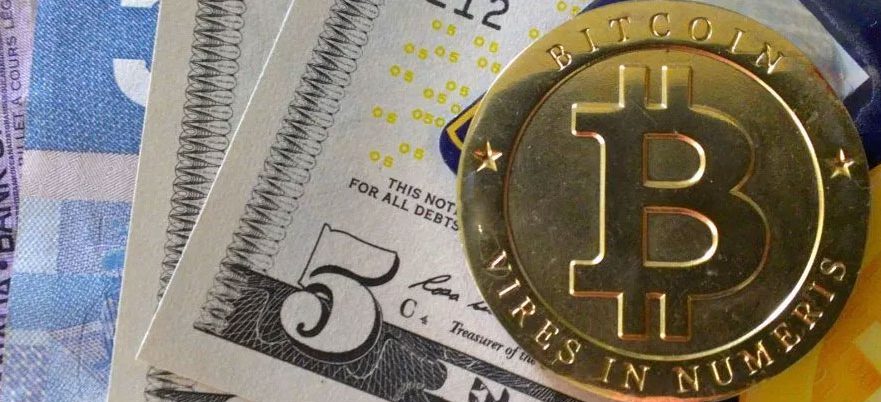|
Getting your Trinity Audio player ready...
|
Change is coming for Bitcoin (BCC), the real Bitcoin as envisioned in the original Satoshi wallpaper.
The BCC community has been, for months, debating on the need to modify the protocol’s address format, especially after payment processor BitPay rolled out a new address format as part of the company’s BCC integration in its Copay wallet.
This week, Bitcoin ABC lead developer Amaury Séchet addressed the issue with a proposal seeking to implement a new address format for the BCC network. The proposal, which was posted on GitHub, describes a “base32 encoded format using BCH codes as checksum and that can be used directly in links or QR codes.”
The new format reuses the work done for Bech32 (BIP173), a project of SegWit Core developer Pieter Wuille and Blockstream CTO Gregory Maxwell. Séchet has been vocal about leaning towards the Bech32 address styles “as they have a number of advantages.”
“The most notable one, is that the format can be extended to support new features in the future. The current address format, or the variation proposed by Bitpay doesn’t, which means we’ll likely have to change it again in the future,” Séchet said on the team’s developer mailing list.
In September, payment processor BitPay announced that it will start enabling BCC support in its Copay app. Since sending BTC to a BCC address or vice versa will cause users to lose access to their funds, BitPay adopted “a few new conventions” to ensure that its users won’t accidentally send their tokens—a move that has caught the ire of the BCC community and developers, although they agree that BCC addresses need to be distinguished from BTC addresses.
Séchet said developers have been dawdling, which may have been the reason why “Bitpay has gone ahead.” However, the Bitcoin ABC developer believes the payment processor should have discussed the matter with the developers or the wallets first because “upgrading addresses is disruptive and we should therefore do it as few times as possible and in the best possible way.”
“I think we should adopt an extensible address format rather than doing a quick fix that makes us feel better now but fails to anticipates needs down the road. We are in this for the long run—at least I am—so let’s act accordingly,” Séchet said.
Séchet’s proposal on GitHub has been getting favorable response from other developers, with one even describing it as “very elegant.” Meanwhile, a developer for BitPay’s Copay wallet said “they may cancel their new address format… and switch to this proposal if this one becomes popular.”

 03-02-2026
03-02-2026 




